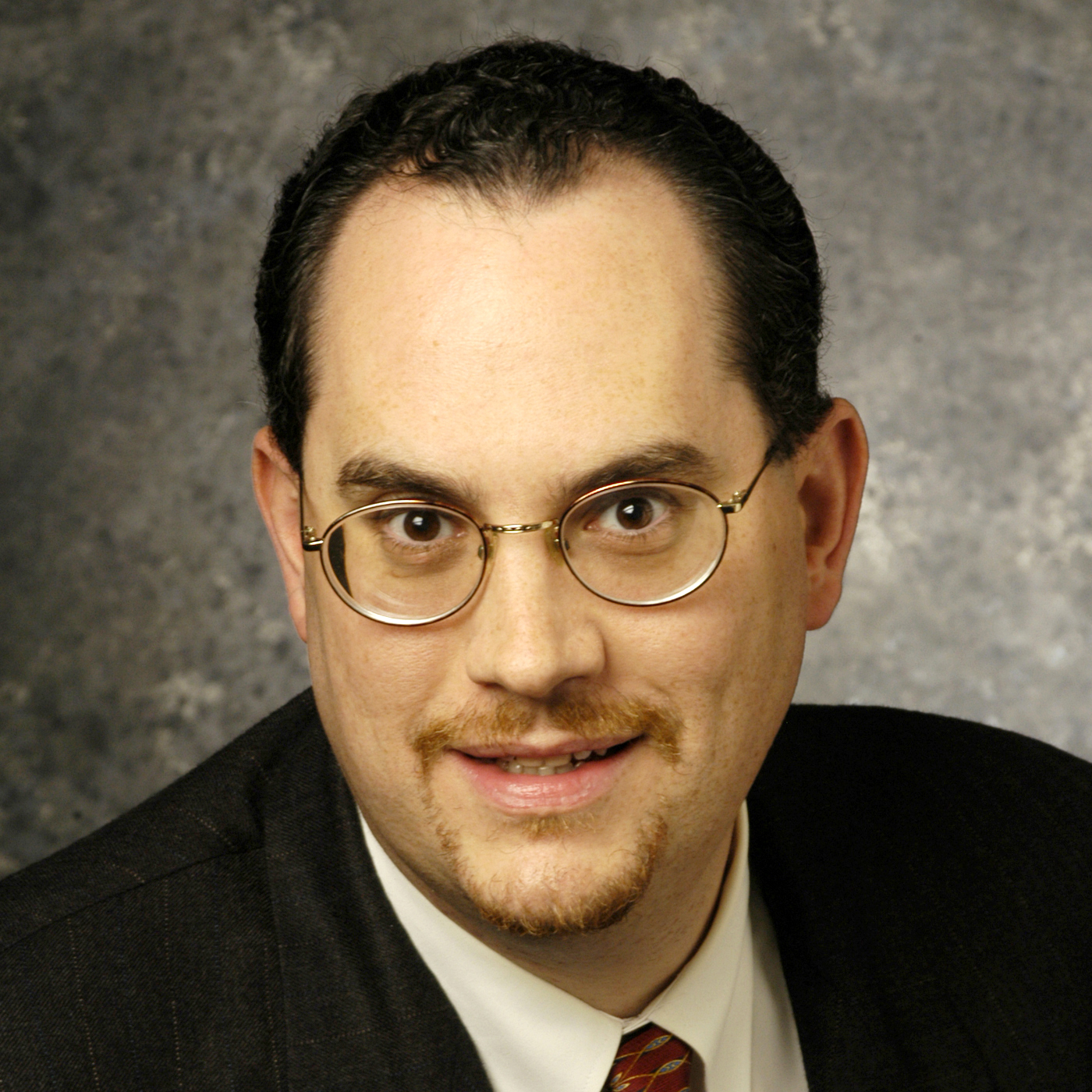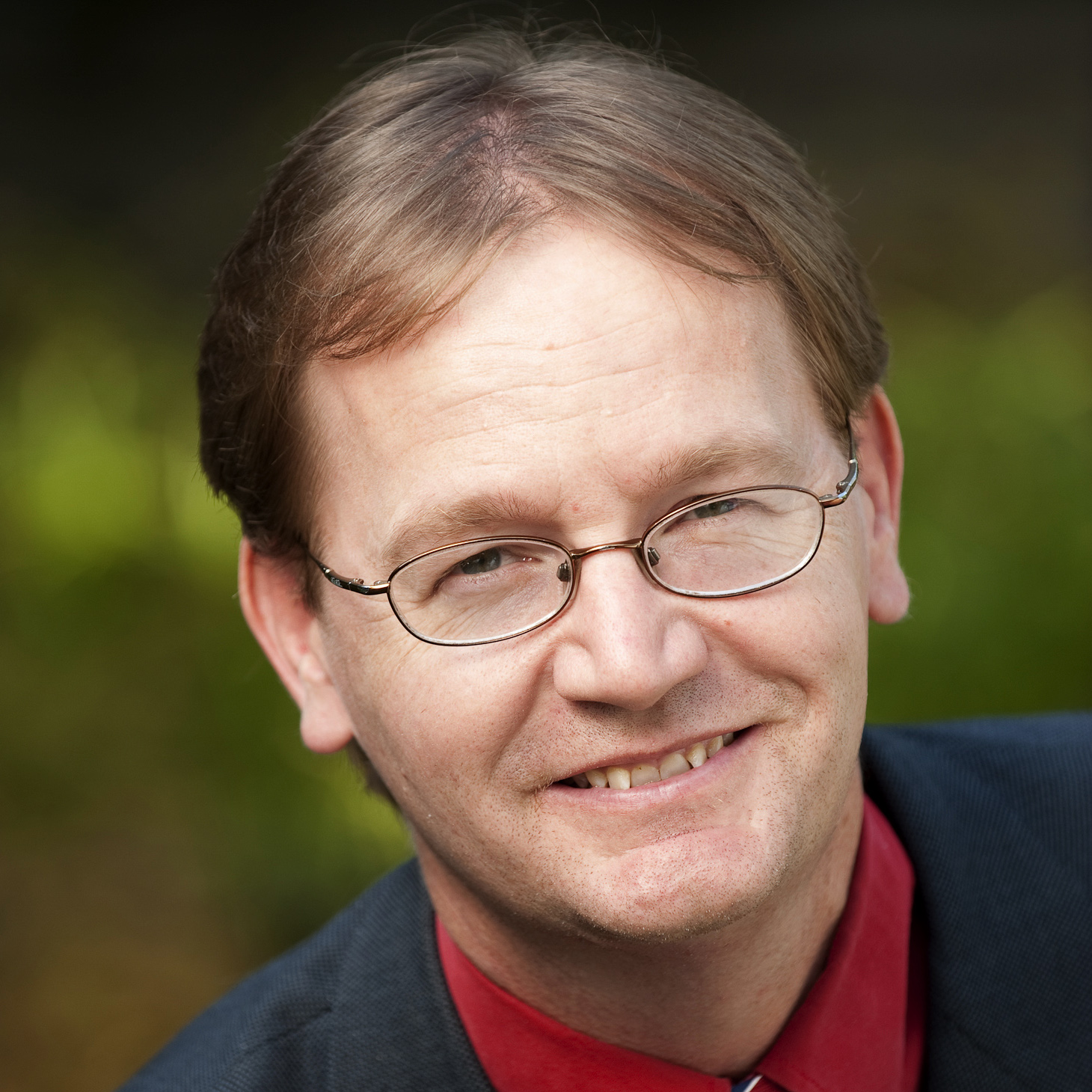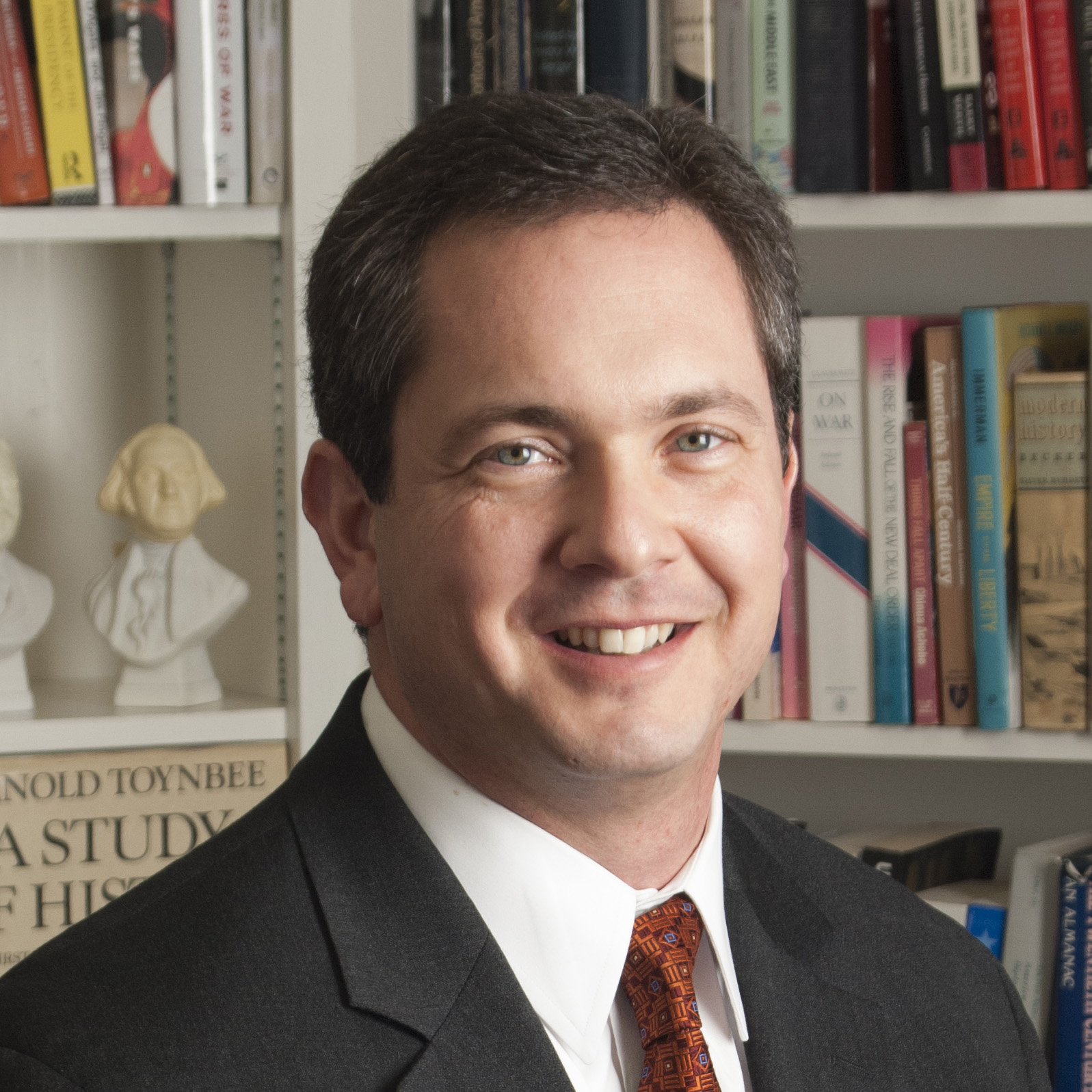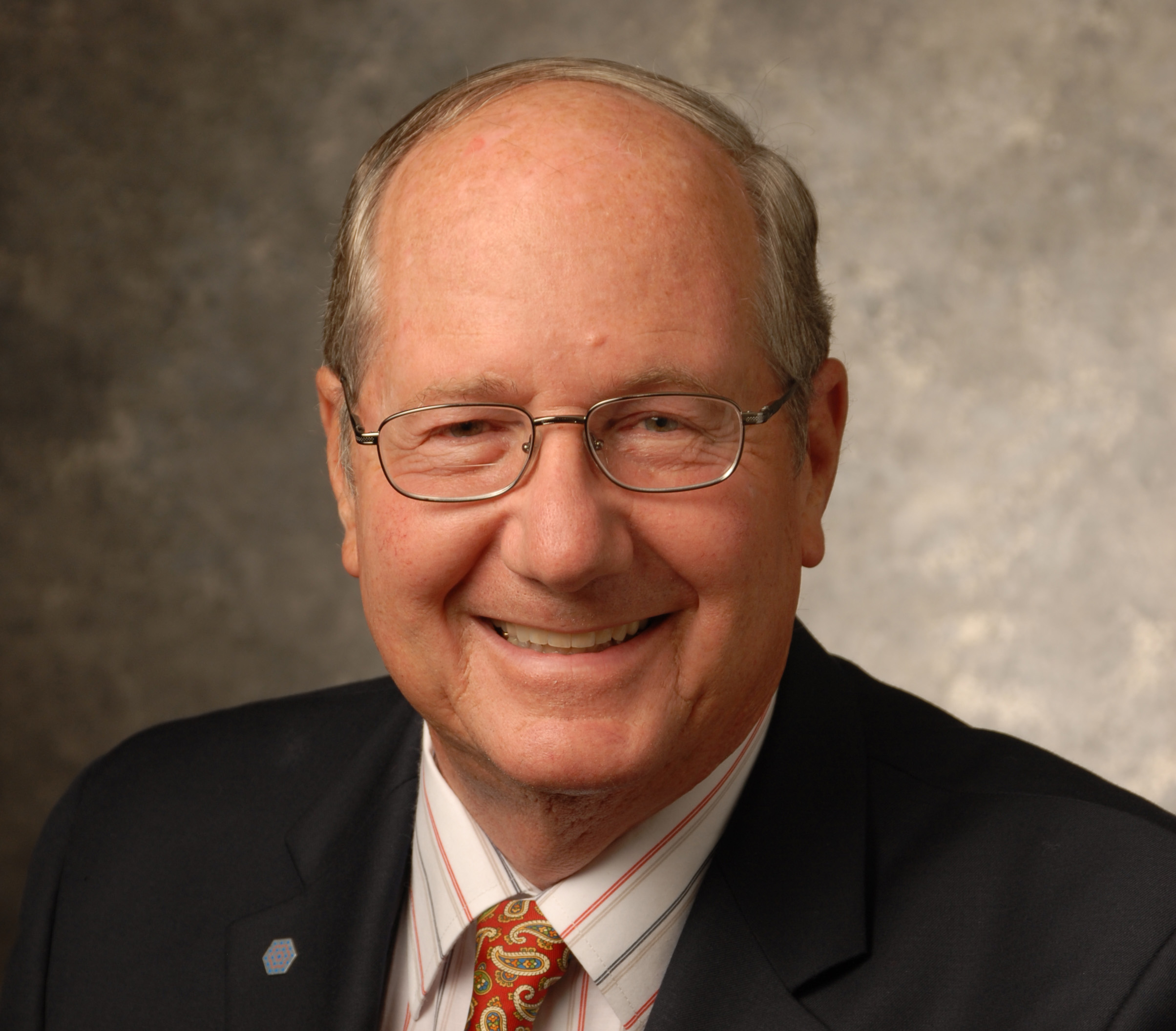Make-or-break primaries in Florida, Ohio loom large as campaign rhetoric resembles worst demons of the past
SMU election experts are available for interview on all things related to the March 15th Democratic and Republican primaries and caucuses, as well as the current state of each party’s race for its nomination.
DALLAS (SMU) – SMU election experts are available for interview on all things related to today’s Democratic and Republican primaries and caucuses, as well as the current state of each party’s race for the nomination.
| WINNER-TAKE-ALL TUESDAY IS MAKE-OR-BREAK FOR KASICH, RUBIO | |
|
As soon as the dust settled on Super Tuesday, with Marco Rubio finally winning one state and John Kasich still waiting for a victory, the March 15 primaries became a potential last stand for Rubio and Kasich in their home states of Florida and Ohio. In the two weeks since, nothing has changed. “It is definitely a make-or-break day for Rubio and Kasich,” Wilson says. “If they don’t win their home states, it’s very hard to make the case for them staying in the race. If Donald Trump is going to be stopped from getting the nomination, the field needs to coalesce quickly behind one anti-Trump alternative – probably Ted Cruz.” The lead-up to this pivotal day has been marked by fiercer rhetoric on the trail and a growing wave of violence at Trump rallies, which crested this weekend when a rally was shutdown before it even got started due to the presence of protestors. Don’t expect any of it to hurt the frontrunner, says Wilson. “If anything, the violence at the Trump rally just fires up Trump’s supporters even more,” Wilson says. “I don’t see him losing votes because of it. Hecklers who try to shout down others and disrupt their events generally don’t come across as very sympathetic, and I think that’s true here. The people inclined to agree with the protestors were already anti-Trump.” Wilson is an SMU associate professor of Political Science. He can discuss:
|
|
| WHY CLINTON, RUBIO & CRUZ HAVE CAUSE TO BE NERVOUS |
|
|
The hottest topic in the democratic race over the past week has been Bernie Sanders’ upset victory over Hillary Clinton in the recent Michigan primary. According to Martin, Clinton should brace for Sanders to play the role of spoiler tonight, as well. “What happened in Michigan is likely to repeat in Ohio; Illinois will be tricky and Missouri will be closer than expected, too,” Martin says. “That won’t slow Clinton down, but it makes it difficult for her to capture the media narrative.” In this scenario, Clinton’s best friend may well be Trump, who last week buried Sanders’ 15 minutes of fame with reports of violence at Trump rallies and blamed Sanders for much of the acrimony. Trump’s actions of the past week also might be a boon for Kasich, Rubio and Cruz. “Polling shows Trump’s near-to-election day negative incidents have left him performing poorly with late-deciding voters,” Martin says. “We’ve moved from caustic remarks that strike many people as inappropriate, to remarks that seem to be encouraging violence and that strike many people as dangerous and likely to lead to injury and real harm. I think that is going to…give people a lot of pause.” Martin doesn’t think it will be enough to lift Rubio to victory in Florida, but it could propel Kasich to a first-place finish in Ohio. “Wednesday morning, Kasich will remain in the race and the calls on Rubio to drop out will be overwhelming,” Martin says. “Interestingly enough, the only thing that has happened as a result of the rise of Trump’s downright violent rhetoric and justification is Cruz has dropped out of the conversation. Nobody is talking about Cruz right now and what that does to his campaign, I’m not sure. I don’t see what states he wins or how he picks up more delegates going forward now that most of the Bible Belt has voted.” Martin is an SMU assistant professor of Communication Studies in the Meadows School of the Arts. She can discuss:
|
|
| CRUZ, KASICH LOOK FOR POST-DEBATE BOOST | |
|
Last week’s Republican debate marked a stark departure from the week before, with Trump and his rivals attempting to strike a presidential tone instead of arguing about the size of anyone’s hands. Voth thinks it was a debate that likely benefited Cruz and Kasich at Trump’s expense. “Trump sought to indicate a temperament suitable to public office, and though he took steps in that direction, the debate exposed him to be less prepared and informed on policy questions than Rubio, Cruz, or Kasich,” Voth says. “Cruz continued to successfully suggest that Trump will face real practical difficulties in debating and politicking against Hillary Clinton.” The results of that debate, born out in today’s primaries, will have a massive impact on the course of the race. “Preliminary positive results for Cruz over the weekend suggest the debate has consolidated voters to the side of Cruz – perhaps at the expense of Rubio and Kasich,” Voth says. “Ohio and Florida are the key states and it seems likely that Trump will take Florida as a winner-take-all state. It is also possible and probable that Kasich will defeat Trump in Ohio. At the end of the night, the rhetorical groundwork will have been laid for possible exits by either Rubio or Kasich. Both campaigns will need to come to resolutions about what comes next once those two major states are decided Tuesday night.” Voth is SMU’s director of debate and an associate professor of corporate communications and public affairs. He can discuss:
|
|
| SHADES OF ’68 DEM CONVENTION, FDR PRESIDENTIAL CAMPAIGNS SEEN TODAY |
|
|
As rhetoric heats up on the campaign trail, resulting in the cancellation of a Trump rally followed by scenes of chaos, Engel says the political process is devolving to reflect its worst demons from the 1960s and 1930s. “We’ve not seen political violence in this country generally disrupt the political process since the 1968 Democratic convention, when protestors in the street clashed with authorities and not only destroyed the convention, but one could argue gave Republican nominee Richard Nixon fuel to his candidacy” Engel says. “I’d also argue, due to the growing level of hate and vitriol in American politics over the past generation, we haven’t seen campaign rhetoric like this since the 1930s and the attacks on Franklin Roosevelt for his supposed dictatorial pretensions.” It took the Japanese attack on Pearl Harbor to unite the country behind winning World War II. Engel hopes nothing of that magnitude is on the horizon in our own day but nonetheless, when Republicans look at what happened at this weekend’s cancelled Trump rally and compare it to the 1968 Democratic Convention, they have cause to worry. “The last time we saw such incivility was 1968 in a microcosm at the convention,” Engel says. “But more broadly, this climate is reminiscent of the fights against Roosevelt’s New Deal and American intervention in World War Two.” Engel is director of the SMU Center for Presidential History. He can discuss:
|
|
| TRUMP AND SANDERS’ ARGUMENTS AGAINST FREE TRADE HAVE NO MERIT |
|
|
One argument Trump and Sanders have used to notch impressive victories lately – including a shocking Sanders upset of Clinton in Michigan – is that free trade is a bad deal for the United States. That couldn’t be further from the truth, says Weinstein. “It concerns me that both parties seem to be voicing a lot of anti-free trade rhetoric, saying we’re losers because we have trade deficits and that’s bad,” Weinstein says. “A trade deficit is neither good nor bad. Most years our inputs have exceeded our exports, so what? We have low unemployment and more jobs and lower prices for American consumers. That’s what matters.” Weinstein explained away much of the deficit talk as accounting quirks, saying as an example that parts made in the United States are then sent to Mexico for assembly. He added that much of the country’s manufacturing job loss is a result of the average American being more productive today than ever before, not because of free trade. Weinstein says the proof is that manufacturing as a portion of America’s GDP has held steady even as manufacturing jobs have declined over the years. “It’s ironic when you hear this anti-free trade argument in the Midwest because the Midwest had benefited most from free trade,” Weinstein says. “We export equipment and airplanes. We’ve seen a big turnaround in our auto industry, selling a record number of cars and trucks in 2015, which helps the economies of Ohio and Indiana.” The cause of the political uproar over free trade, says Weinstein, is “economic illiteracy.” “Most Americans are economically illiterate, and most politicians are too, so they play to that and yell, ‘Hey! You lost your job, and it’s because of imports.’” Weinstein says. “True, there are a lot of displaced workers who won’t get their old jobs back, but that’s been true for hundreds of years. The real solution is making sure our workforce is educated and has the skills to compete in the new economy – reading, writing and math skills – and to their credit, Clinton and Obama have talked about reeducation and job assistance programs. In fact, that’s been embedded in our trade laws going back to the 1960s when we started negotiating these agreements. There is trade adjustment assistance available to some people who lose their jobs due to free trade, which can provide them federal grants so they can train or relocate. It’s populist jingoism to say, ‘Free trade is why you can’t find a job.’” Weinstein is an economist and associate director of SMU’s Maguire Energy Institute. He can discuss:
|
|
###
SMU Uplink Facility
SMU has an uplink facility located on campus for live TV, radio, or online interviews. To book an SMU guest in the studio, call SMU News and Communications at 214-768-7650.
SMU is a nationally ranked private university in Dallas founded 100 years ago. Today, SMU enrolls approximately 11,000 students who benefit from the academic opportunities and international reach of seven degree-granting schools.
21686-nr-3/15/16-kr



 JEFFREY ENGEL
JEFFREY ENGEL